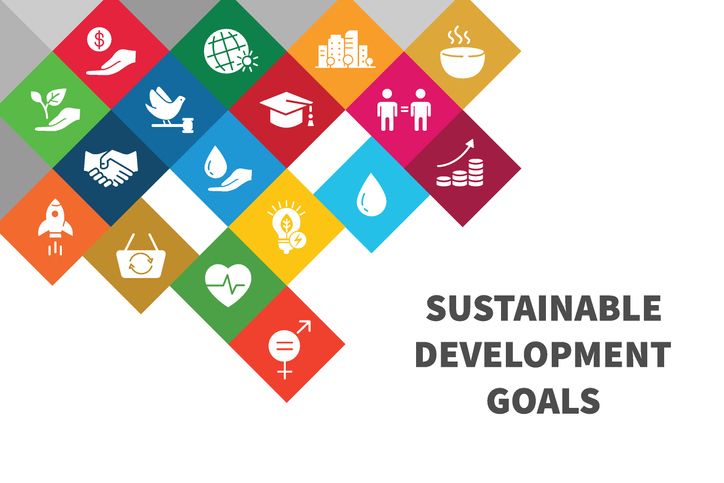The co-managers of Franklin Templeton’s Global Emerging Markets strategy have added a sub-fund of the Luxembourg-domiciled Franklin Templeton Investments Funds range to their roster of responsibilities.
Andrew Ness and Chetan Sehgal will co-manage the Templeton Emerging Markets Sustainability fund, which will seek companies whose products and services are aligned to one or more of the six positive outcome areas linked to the UN Sustainable Development Goals (SDGs).
They are:
- Basic needs;
- Wellbeing;
- Decent work;
- Healthy ecosystems;
- Climate stability;
- Resource security.
The fund will also apply specific ESG exclusions and will not invest in companies that are involved in weapons, tobacco, coal and unconventional oil and gas extraction, or whose actions have violated the United Nations Global Compact.
It is Franklin Templeton’s first EM-focused sustainability fund “for European investors looking to invest for capital appreciation, which offers alignment to positive outcomes and addresses the growing investor demand for these products”, said Julian Ide, head of Emea distribution.
Proprietary pillars
The EM sustainability fund aims to invest in a high-conviction portfolio of 30-50 EM stocks, with a five-year investment horizon.
A key part of the process will be ESG analysis, to ensure the stocks meet Franklin Templeton EM group’s proprietary bottom-up three-pillar ESG inclusion framework, which measures:
- Company alignment to positive environmental and/or social areas;
- Intentionality to maintain or improve the ESG footprint of the company’s operating model;
- Transition potential for improvement through engagement as active owners.
Ness explained that the ESG inclusion framework “means that, as well as companies that demonstrate good sustainability criteria, we can invest in companies that may be imperfect and create investor impact by pro-actively engaging with these companies to improve”.







